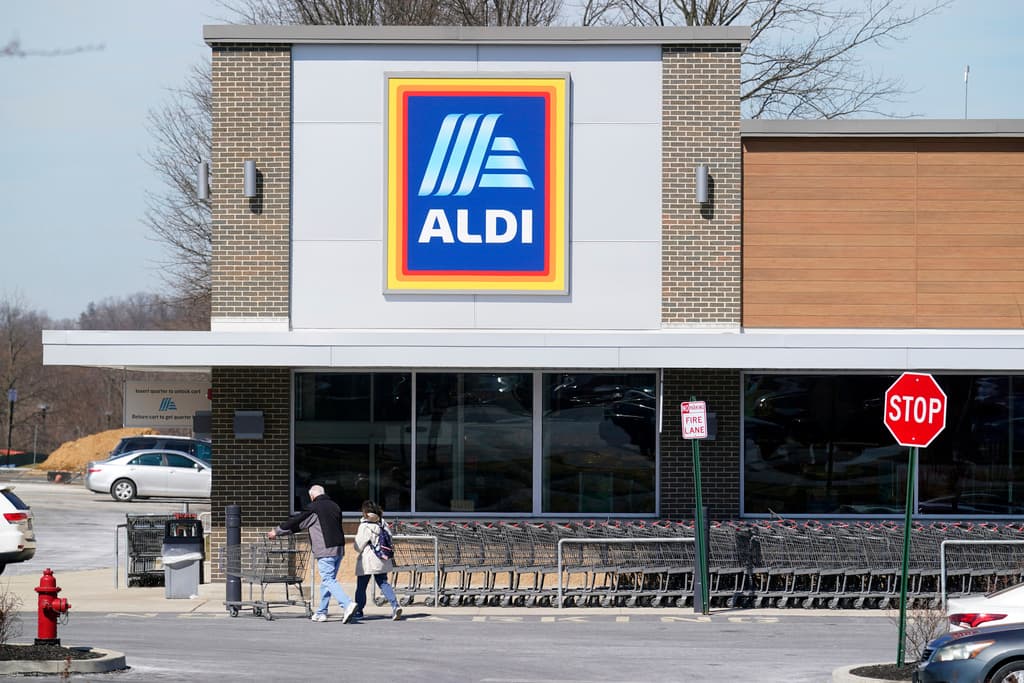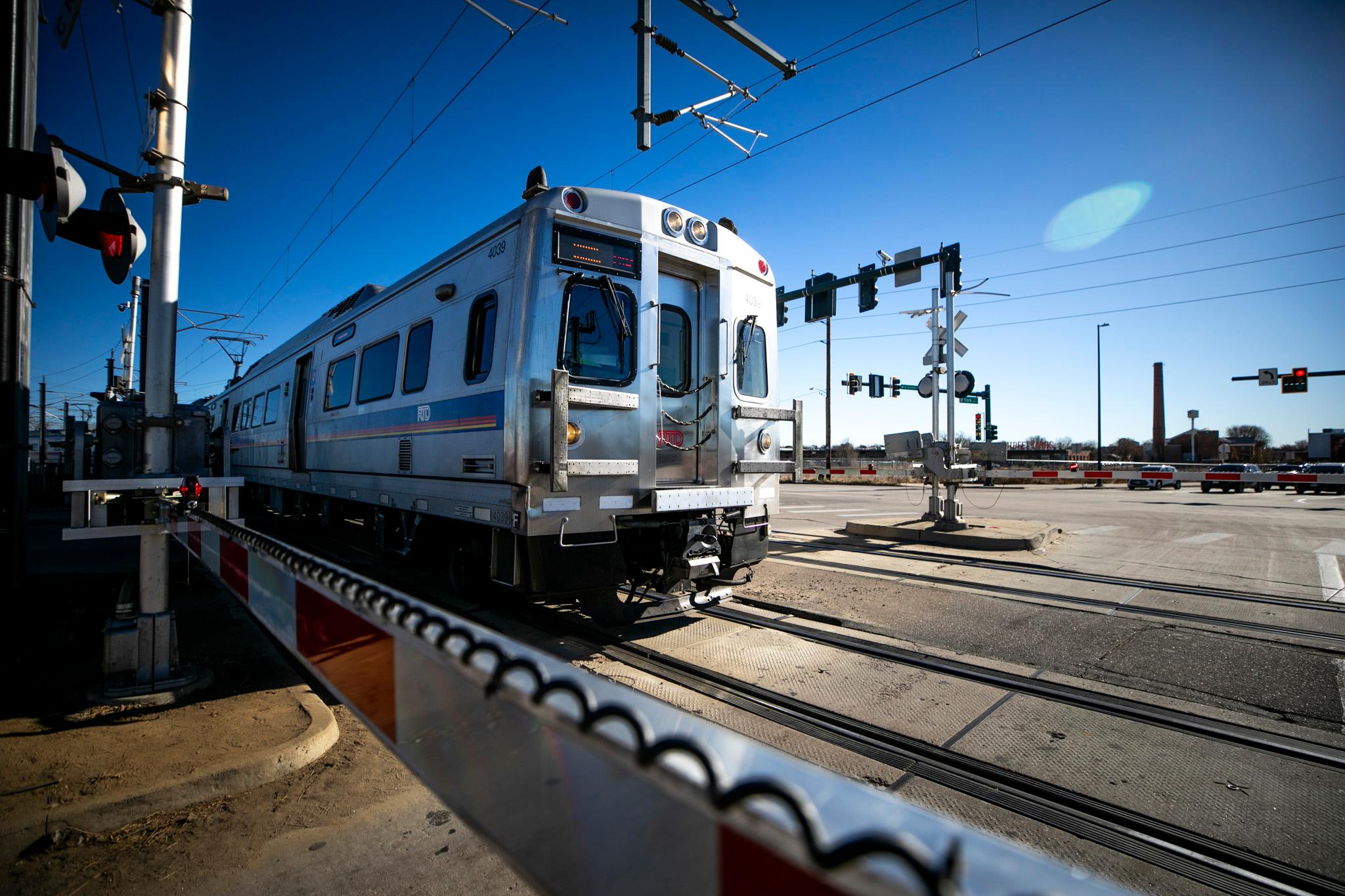Denver City Council voted to pass new regulations for scrap metal sales, hoping to make it harder for thieves to sell materials like copper, copper alloys, bronze, brass and aluminum.
After the city passed laws to make catalytic converters harder to sell, which have already shown positive results, city officials said thieves set their sights on scrap metal.
Some targeted RTD railways and electric vehicle chargers for their copper cables, damages that can cost thousands of dollars to repair.
In 2024, there were nearly 500 reported cases of scrap metal theft.
What does the scrap metal bill do?
City council members Darrell Watson and Flor Alvidrez introduced a bill last month to take on the trend. It essentially copies and pastes the city's new laws about catalytic converters.
Under the proposal, scrap dealers would have to:
- Refuse all cash transactions
- Keep detailed records of purchases from scrap sellers
- Collect signed affidavits explaining how and where the scrap metal was obtained
- Keep copies of photo IDs and license plate numbers
Officials with the Department of Excise and Licensing and the Denver Police Department would get the power to inspect transaction records and inventory at scrap merchants. Non-compliance could result in fines of up to $5,000 per violation per day, as well as license revocation.
The new rules passed on an 11-2 vote.
What people for and against the bill said
Councilmembers Sarah Parady and Shontel Lewis opposed the bill because it blocks people from getting cash for scrap metal sales.
Alvidrez pushed back against their argument, saying the bill was not about punishing people for being poor.
“We're not banning the sale of common recyclables like aluminum cans or easily collected items for unhoused or low-income individuals,” Alvidrez said. “What we are doing is targeting the underground economy that incentivizes theft of high-value materials, especially copper, which has led to thousands of dollars in damage across our city, harming residents, small businesses, utilities and public infrastructure.”
Testimony submitted to City Council included a statement from Alan Salazar, CEO of Denver Water. He wrote that there’s been an increase of copper theft from Denver Water’s backflow prevention devices, which keep water from flowing back into the system.
“Denver Water’s service area has about 44,000 locations where backflow prevention devices exist, and we estimate that hundreds of these devices are stolen each year. These thefts can disrupt water service, prevent timely testing and result in regulatory violations with significant consequences,” Salazar wrote.











